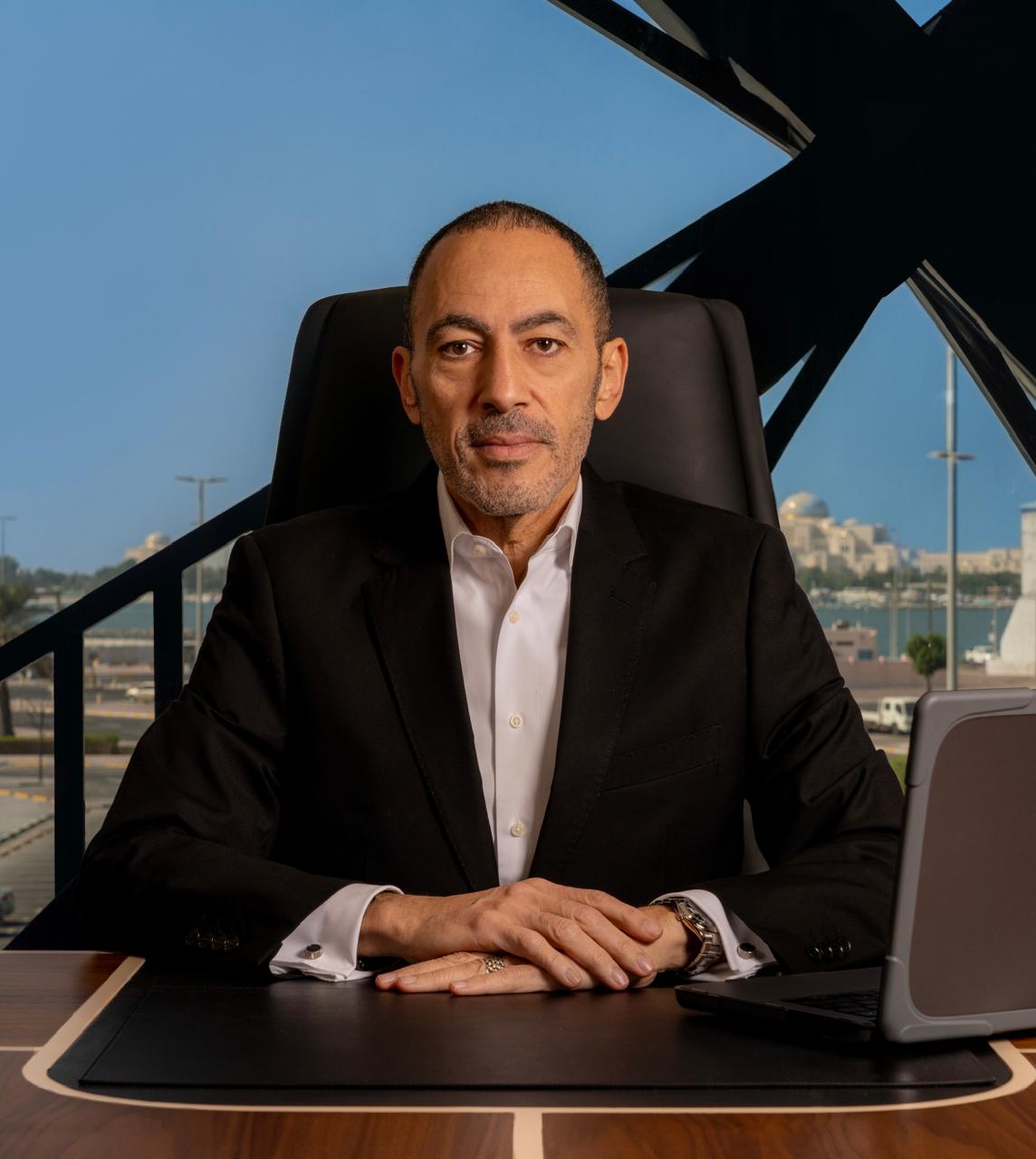In an exclusive interview with ESG MENA, Ahmed Hassib, CEO and Co-Founder of Gewan Hotels & Resorts, shares how Royal M Abu Dhabi is setting a new standard for environmentally responsible luxury. From solar-powered systems to cutting-edge food waste management, Hassib outlines how the hotel integrates green practices without compromising the elegance and comfort expected from high-end hospitality. He also discusses the challenges, the role of staff engagement, measurable outcomes, and the future of sustainability in the luxury hotel industry.
- What specific eco-friendly practices has the hotel implemented to showcase the coexistence of luxury and environmental responsibility?
At Royal M Abu Dhabi, we’ve redefined what luxury means in the modern era by embedding sustainability into every aspect of the guest experience. From a fully solar-powered water heating system to advanced food waste compression technology and on-site micro herb cultivation, each initiative is designed to minimize environmental impact without compromising on the comfort, service, or sophistication expected from a luxury destination.
2. Can you highlight some groundbreaking initiatives introduced to reduce the hotel’s environmental footprint?
Royal M Abu Dhabi has adopted several forward-thinking measures to reduce its environmental footprint. We’ve installed 180 solar panels generating 252 kilowatts of heat energy per hour, powering our hot water system entirely through renewable energy. Our food waste management system compresses 25 kg of waste down to just 5 kg, significantly reducing landfill output. On top of that, growing fresh micro herbs on-site eliminates the need for packaging and long-distance transport, lowering emissions while enhancing freshness.
3. How does the hotel leverage technology to enhance its sustainability efforts?
Technology is central to Royal M Abu Dhabi’s sustainability strategy. Our solar thermal systems reduce dependency on conventional energy, while smart food waste compressors enable efficient, low-impact waste handling. We also use energy-efficient systems across lighting and climate control, and closely monitor our resource usage to continually optimize performance—all without sacrificing the luxury our guests expect.
4. What challenges do hotels face in implementing sustainable practices, and how can these be addressed?
Sustainable transformation in hospitality comes with hurdles—upfront investment, operational adjustments, and change management among staff. At Royal M Abu Dhabi, we’ve overcome these by viewing sustainability as a strategic, long-term investment. We implement changes in phases to ensure minimal disruption and foster a culture of ownership among our team. By demonstrating both environmental and financial returns, we’re able to turn challenges into opportunities.
5. How do you engage and train staff to embrace sustainability practices within the hotel?
Our team at Royal M Abu Dhabi is the backbone of our sustainability journey. We invest in regular training sessions that educate staff on best practices, from energy conservation to waste reduction. More importantly, we cultivate a shared sense of purpose, empowering every team member to contribute meaningfully. Recognizing and rewarding staff initiatives helps embed sustainability into our daily operations.
6. How do you measure the impact of sustainability initiatives on the environment and guest satisfaction?
We rely on key performance indicators to evaluate the impact of our initiatives at Royal M Abu Dhabi—energy savings, waste reduction, and water conservation, among others. These metrics are monitored consistently to ensure progress. Guest feedback also plays a vital role; we find that travelers increasingly value and support our eco-conscious approach, reinforcing the idea that sustainability enhances—not detracts from—the luxury experience.
7. Can you share any data or results that showcase the success of your efforts?
Our solar energy system produces 252 kilowatts of heat energy per hour, leading to annual savings of approximately AED 300,000 in electricity costs. Our food waste compression system reduces waste volume by 80%, significantly minimizing environmental impact. These measurable outcomes validate our approach and demonstrate how innovation and sustainability can drive both operational efficiency and guest satisfaction.
8. What partnerships or collaborations have you established to enhance your sustainability efforts?
We’ve established strong partnerships with renewable energy and waste management technology providers to bring our sustainability vision at Royal M Abu Dhabi to life. Collaborating with local suppliers also enables us to reduce our supply chain emissions while supporting the local economy. These partnerships are instrumental in helping us stay ahead of the curve in sustainable hospitality.
9. How do you see the role of luxury hotels evolving in terms of their responsibility toward environmental sustainability?
Luxury hotels have a unique opportunity—and responsibility—to lead in sustainability. At Royal M Abu Dhabi, we believe true luxury now includes accountability to the planet. Guests expect more than comfort; they want to know their stay contributes to something meaningful. By integrating environmental innovation into our brand, we’re setting a precedent that luxury and responsibility are not only compatible but essential together.




